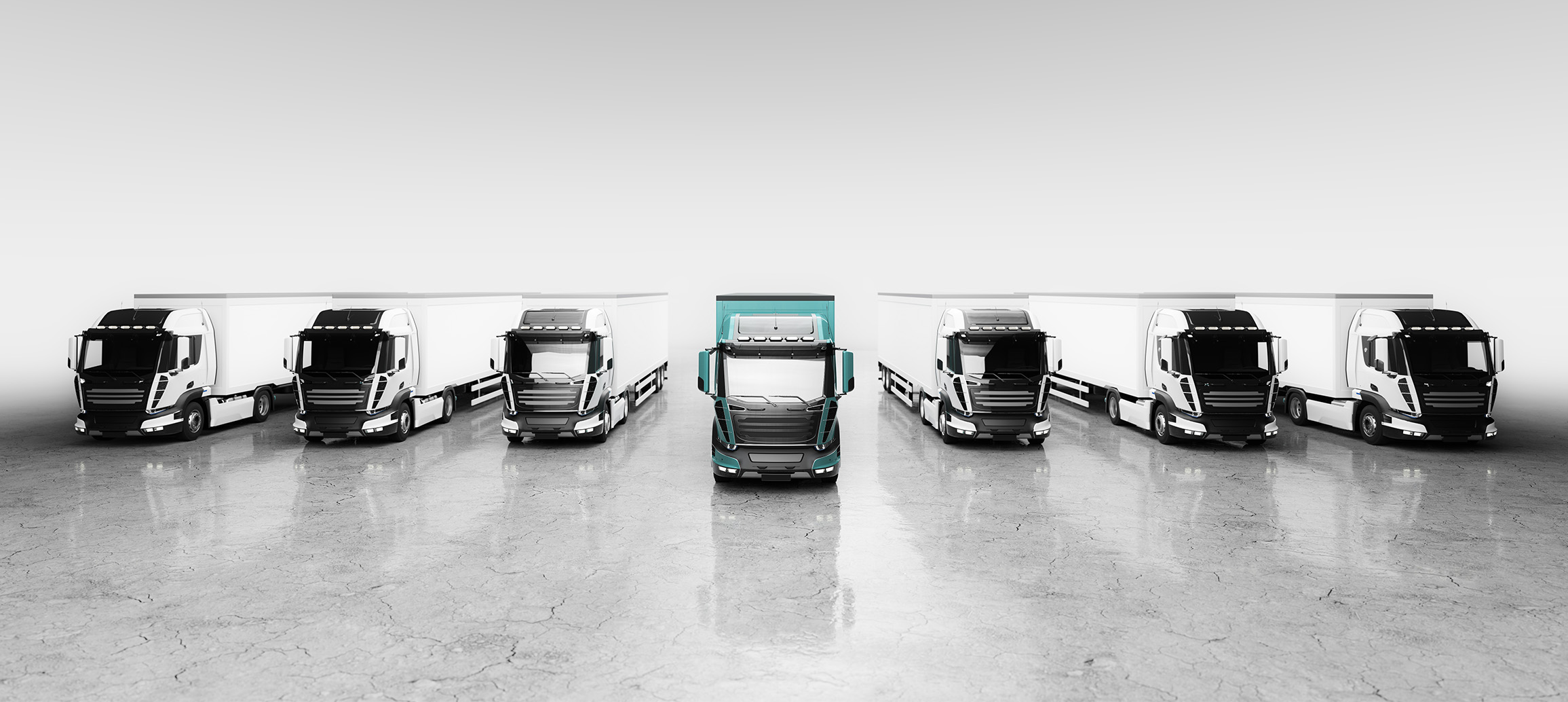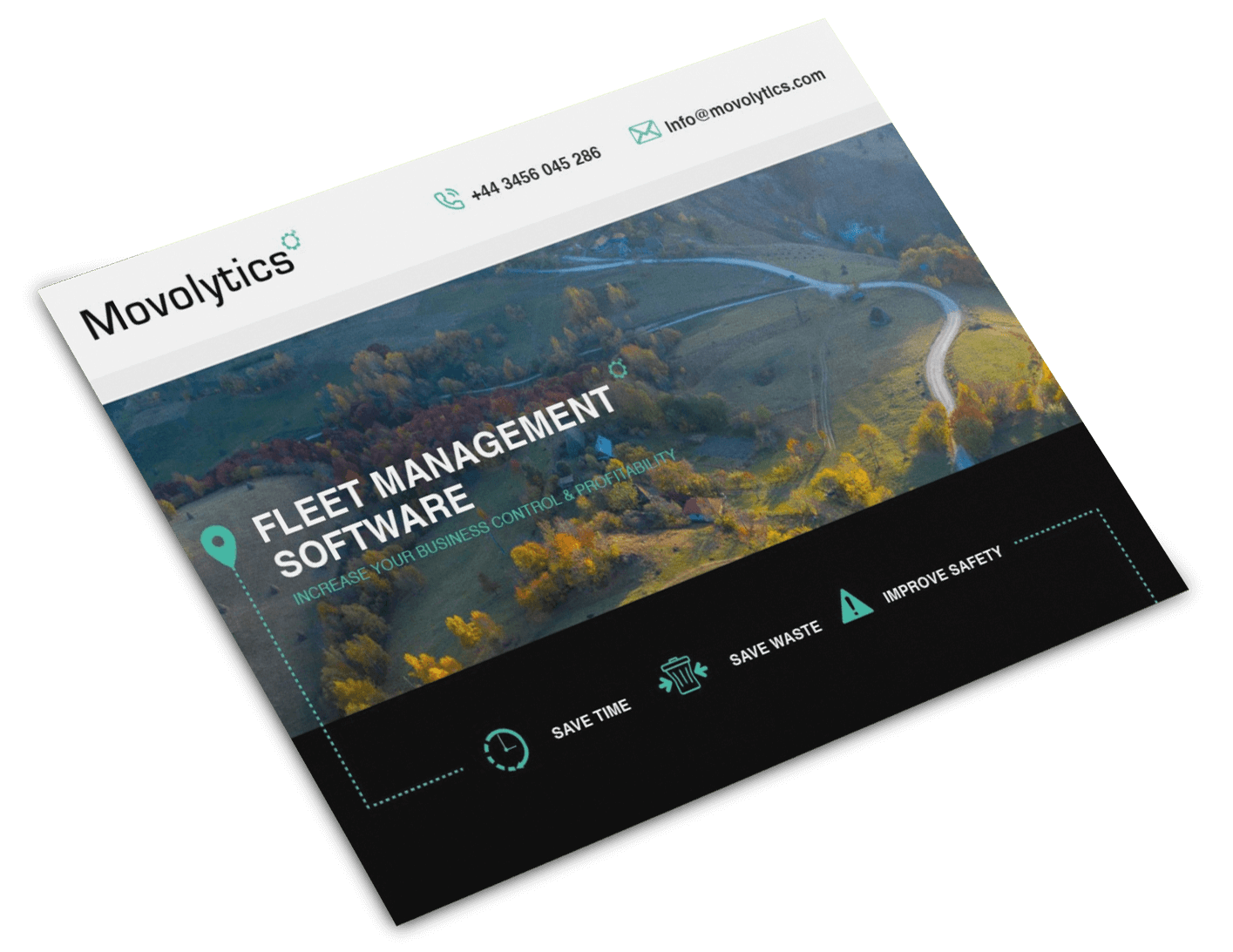Business vehicle tracking is a technology that uses GPS to track the location and movement of vehicles. It is used by businesses of all sizes to improve fleet management and increase efficiency.
The history of business vehicle tracking dates back to the early 1970s, when the United States Department of Defence developed the Global Positioning System (GPS). GPS is a constellation of 24 satellites that orbit the Earth and transmit signals that can be used to determine the location of any object on the ground.
In the early days, GPS was primarily used by the military and government agencies. However, in the 1980s, GPS technology began to be used by businesses for fleet management purposes. The first commercial GPS tracking devices were large and expensive, but they quickly became smaller and more affordable.
In the 1990s, the Internet made it possible for businesses to collect and store GPS data in real time. This led to the development of new fleet management software that could be used to track vehicle operations.
In the 2000s, the widespread adoption of smartphones and mobile devices made it possible for businesses to track vehicles using GPS without the need for dedicated tracking devices. Today, there are a wide variety of business vehicle tracking solutions available, ranging from simple GPS tracking devices to sophisticated fleet management software.

The Early Days of Business Vehicle Tracking
The early days of business vehicle tracking were marked by a number of challenges. One of the biggest challenges was the cost of GPS tracking devices. In the early days, GPS tracking devices were very expensive, making them out of reach for many businesses.
Another challenge was the lack of data storage and analysis capabilities. In the early days, there was no easy way to store and analyse GPS data. This made it difficult for businesses to get the most out of their GPS tracking devices.
Despite these challenges, business vehicle tracking began to gain popularity in the 1980s. This was due in part to the decreasing cost of GPS tracking devices and the increasing availability of data storage and analysis capabilities.
The Rise of Fleet Management Software
In the 1990s, the development of fleet management software helped to make business vehicle tracking more accessible and affordable. Fleet management software provides businesses with a centralised platform for tracking and managing their fleets.
Fleet management software has made it possible for businesses of all sizes to take advantage of the benefits of business vehicle tracking. This software has helped businesses to improve fleet management, increase efficiency, reduce costs, improve safety, and increase compliance.
The Growth of Mobile Technology
The growth of mobile technology has also played a role in the growth of business vehicle tracking. In the 2000s, the widespread adoption of smartphones and mobile devices made it possible for businesses to track vehicles using GPS without the need for dedicated tracking devices.
Today, there are a wide variety of business vehicle tracking solutions available, ranging from simple GPS tracking devices to sophisticated fleet management software. These solutions can be used by businesses of all sizes to improve fleet management, increase efficiency, reduce costs, improve safety, and increase compliance.
The Future of Business Vehicle Tracking
The future of business vehicle tracking is bright. As technology continues to evolve, businesses will be able to take advantage of new and innovative ways to track their vehicles. Some of the trends that are expected to shape the future of business vehicle tracking include:
The rise of telematics: Telematics solutions offer a wider range of features than traditional GPS tracking devices, such as the ability to monitor, collect, and transmit data about a vehicles.
The increasing use of cloud-based solutions: Cloud-based solutions are becoming increasingly popular for business vehicle tracking. Cloud-based solutions offer a number of advantages over traditional on-premises solutions, such as lower costs, easier maintenance, and greater scalability.
The growing importance of data analytics: Data analytics is becoming increasingly important for businesses of all sizes. Business vehicle tracking data can be used to gain insights into a wide range of business operations.
Business vehicle tracking is a powerful tool that can help businesses improve fleet management, save time, reduce waste, improve safety, and increase compliance. As technology continues to evolve, businesses will be able to take advantage of new and innovative ways to track their vehicles.
The Benefits of Business Vehicle Tracking
Business vehicle tracking offers a number of benefits for businesses of all sizes. Some of the key benefits include:
Improved fleet management: Business vehicle tracking can help businesses to improve fleet management by providing real-time information. This information can be used to optimise and streamline fleet operations.
Improved safety: Business vehicle tracking helps you improve safety by providing real-time monitoring of your vehicles. This allows businesses to pinpoint the location of every vehicle in their fleet quickly and accurately.
Increased compliance: Business vehicle tracking can help businesses to increase compliance with regulations by providing information on driver hours of service and vehicle maintenance. This information can be used to ensure that businesses are meeting all applicable regulations.
How to choose a business vehicle tracking solution
When choosing a business vehicle tracking solution, there are a number of factors to consider, such as:
The size of your fleet
The features you need
Your budget
It is important to choose a solution that meets your specific needs and budget. There are a number of different business vehicle tracking solutions available, so you should be able to find one that is right for you.
Business vehicle tracking is a valuable tool for businesses of all sizes. It can help businesses to improve fleet management, increase efficiency, improve safety, and increase compliance. If you are considering implementing business vehicle tracking, be sure to do your research and choose a solution that meets your specific needs.









